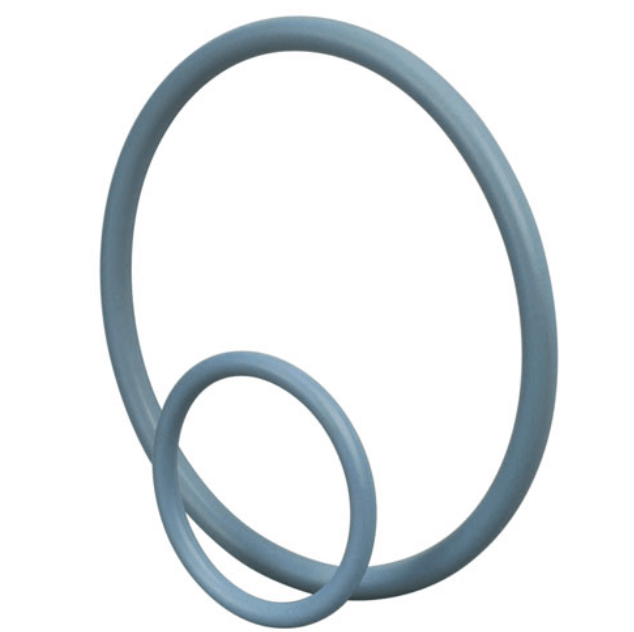In the field of seal innovations, Freudenberg Sealing Technologies leads the way - from dental drills and bottling equipment to wind turbines, aircraft and vehicle transmissions.
But we’re also innovating in the beverage sector, with seals so inert they resist flavour contamination, and tough enough withstand cleaning chemicals and temperatures in excess of 200°C.
Let’s take a look at two seals suited to the beverage industry, and how their design and materials contribute to better-tasting, contaminant-free products.
Seal innovations and flavour transfer
Subtle beverage flavours require that no product line passing through a machine leaves traces that could affect the taste of others. This means seals used in the manufacturing process must not absorb the flavour of any beverage flowing through a machine.

Known as flavour transfer, the tendency for flavours to bind to seals is because some seals are made from organic compounds, just like the beverages. Because of the chemical affiliation, seal and product are drawn to each other and the flavour ‘sticks’ to the seal.
To combat this, we developed the Fluoroprene XP family of materials, which resists flavour transfer. Fluoroprene XP has become the go-to material for beverage, food and pharmaceutical manufacturing seals.

Cleaning in place
To keep production operating with as little down time for cleaning as possible, beverage producers use cleaning in place and sterilisation in place (CIP/SIP) methods. This means machine parts are not dismantled for manual cleaning and the system must be flushed clean in its operating state.
Using CIP/SIP means a seal must not only withstand the many alkaline and acid solutions present in production, but deal with rapid change from production conditions to the steam, hot water and harsh chemicals used for cleaning. To handle these conditions, Fluoroprene XP withstands temperatures from -15 to 200°C.
Furthermore, a seal’s design cannot have any dead space — hollows or grooves where contaminants and bacteria accumulate. Creating seal profiles without dead spaces is known as hygienic design.
Microwave-resistant seals
Beverage production may use microwaves for sterilisation, rather than convection heaters. Microwave treatment is popular in the production of preservative-free, health juices, because microwaves don’t destroy the nutrients, colour or flavour like thermal energy can.
So the system’s seals must be microwave-resistant while facing the usual challenges of beverage production. Freudenberg-NOK’s LZ636 silicone compound can be moulded into custom profiles to block microwave radiation leakage in large commercial production units. It also withstands high temperatures, grease and chemical cleaners, making it a natural choice for aseptic heat processes.
If you’d like to find out how our beverage manufacturing seal innovations can improve your production process, contact us.